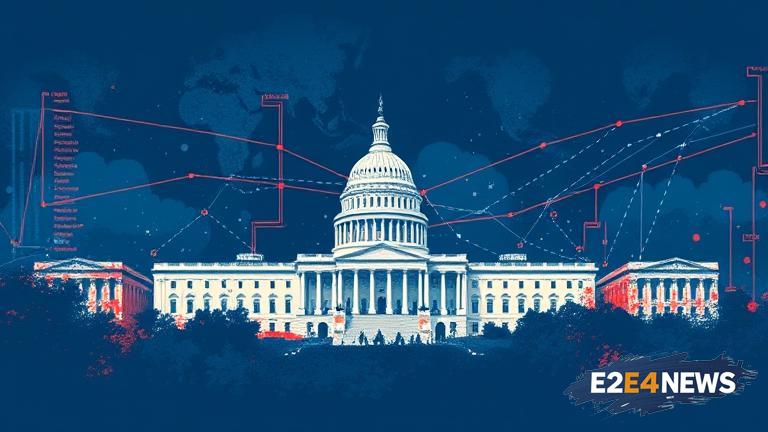The Congress.gov API, a crucial tool for accessing legislative data, has experienced an unexpected outage, leaving many in the dark. This API is a vital resource for researchers, developers, and the general public, providing access to a vast array of legislative data, including bill texts, summaries, and status updates. The outage has significant implications for transparency and accountability in government, as it hinders the ability to track and analyze legislative activities. The Congress.gov API is a product of the Library of Congress, which has not provided an official explanation for the outage. The API’s downtime has sparked concerns among data enthusiasts and transparency advocates, who rely on the API to stay informed about legislative developments. The outage has also affected various third-party applications and services that rely on the Congress.gov API for data. These applications and services are now unable to provide accurate and up-to-date information, which can have far-reaching consequences. The Congress.gov API is not just a tool for researchers and developers; it also plays a critical role in promoting government transparency and accountability. By providing access to legislative data, the API enables citizens to stay informed about the activities of their elected representatives and hold them accountable for their actions. The outage has raised questions about the reliability and stability of the Congress.gov API, as well as the Library of Congress’s ability to maintain and support the API. The Library of Congress has a responsibility to ensure that the API is functioning properly and providing accurate and up-to-date information. The outage has also highlighted the need for greater investment in digital infrastructure and data management, particularly in the context of government transparency and accountability. Furthermore, the outage has sparked concerns about the potential consequences of relying on a single API for access to legislative data. The Congress.gov API is a critical component of the legislative data ecosystem, and its downtime has significant implications for the entire ecosystem. In response to the outage, some developers and researchers have begun exploring alternative sources of legislative data, such as the Government Publishing Office’s (GPO) Federal Digital System (FDsys). However, these alternative sources may not provide the same level of detail and accuracy as the Congress.gov API. The outage has also raised questions about the role of government agencies in providing access to legislative data and the need for greater collaboration and coordination among these agencies. The Congress.gov API outage serves as a reminder of the importance of investing in digital infrastructure and data management, particularly in the context of government transparency and accountability. The outage has significant implications for the future of legislative data access and transparency, and it is essential that the Library of Congress and other government agencies take steps to address the issue and prevent similar outages in the future. The Congress.gov API outage is a wake-up call for the importance of reliable and stable digital infrastructure in promoting government transparency and accountability. The outage has sparked a renewed focus on the need for greater investment in digital infrastructure and data management, particularly in the context of government transparency and accountability. The Congress.gov API outage serves as a reminder of the critical role that digital infrastructure plays in promoting government transparency and accountability, and the need for government agencies to prioritize investment in this area. The outage has significant implications for the future of legislative data access and transparency, and it is essential that the Library of Congress and other government agencies take steps to address the issue and prevent similar outages in the future.
